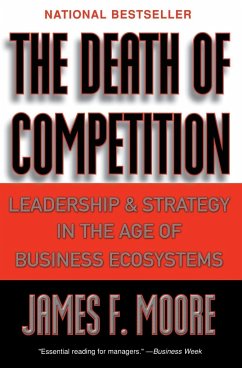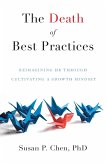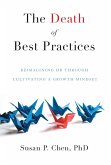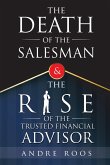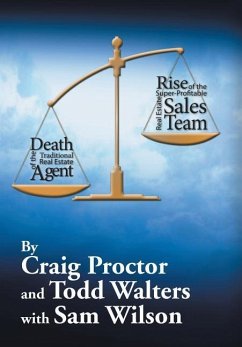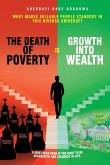Today's marketplace is seeing radical changes in the way companies do business with one another. New partnerships and alliances are constantly being forged, the lines between industries have blurred, and it has become difficult to tell one business from another, and who's competing with whom. The Death of Competition helps managers make sense of this chaos. Using biological ecology as a metaphor, it reveals how today's business environment parallels the natural world, and how, just like organisms in nature, companies must coexist and coevolve within their own business ecosystems. Through numerous examples, he explains the radically new cooperative/competitive relationships like the one forged between IBM and Microsoft and provides a comprehensive framework businesses can use to enhance their own collaborations with their customers, suppliers, investors and communities.

